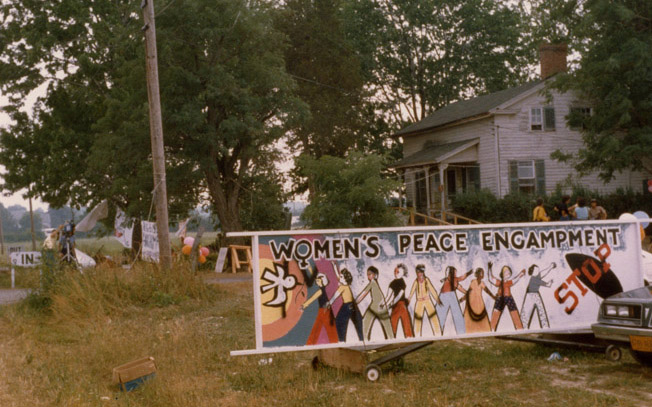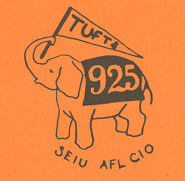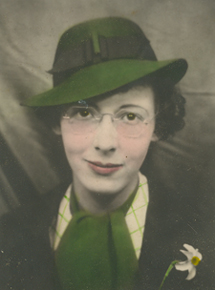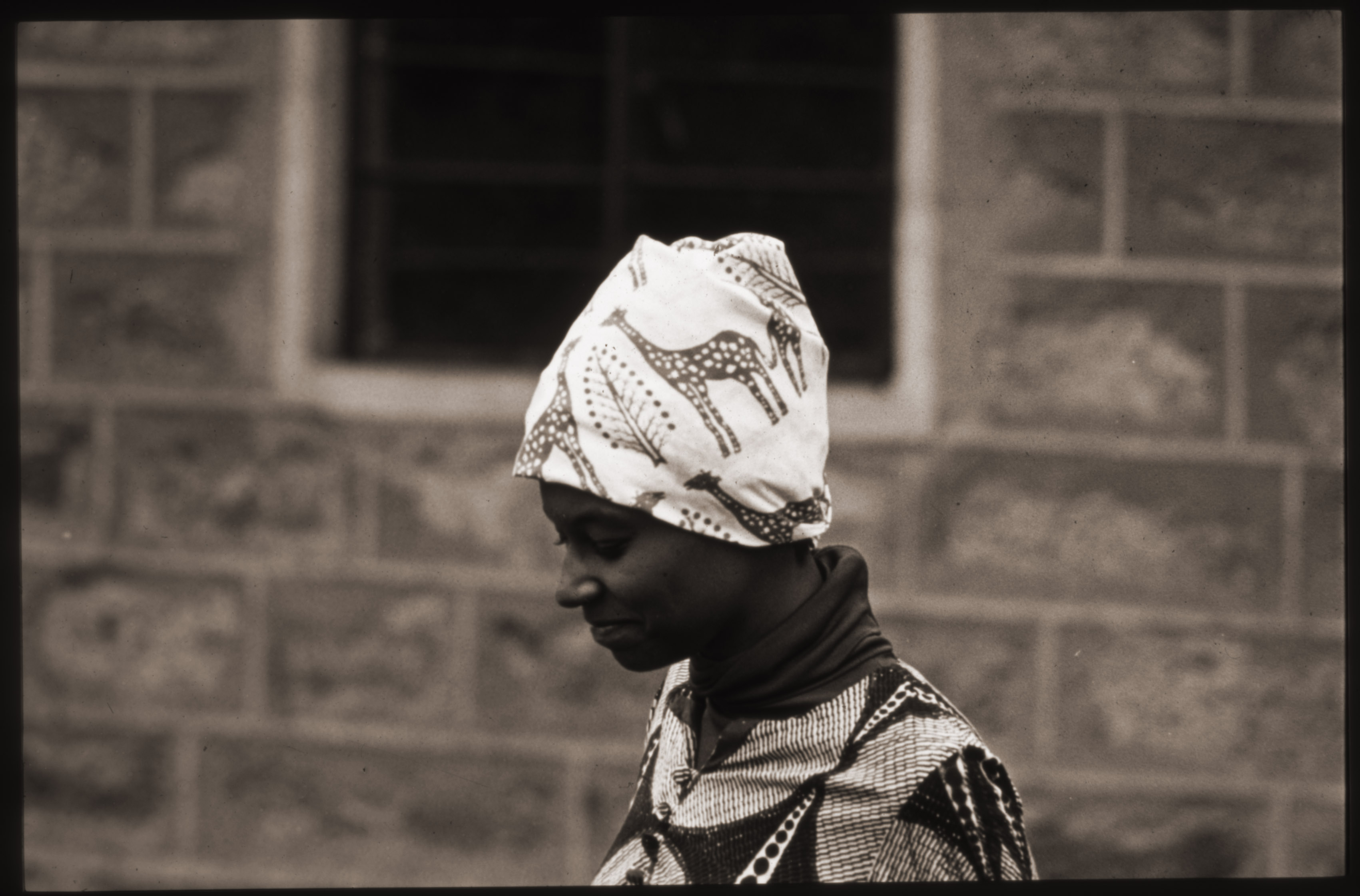David Seager New Left and Anti-War Academic Repression Collection
David Seager’s 1995 PhD history thesis, “Repression in Academia: New Left and Antiwar College Teachers and Political Dissent in the Vietnam War era, 1964-1975” is one of the few in-depth studies of academic repression during the Vietnam era. Besides Ellen Schrecker, who has written extensively on academic freedom and repression in higher education, there has been a dearth of material written about the personal and career consequences faced by American college and university teachers who spoke out against the Vietnam War. For his thesis, Seager did extensive primary and secondary source research and directly interviewed 35 instructors and corresponded with 38 additional ones throughout 1993 and 1994.
The project was fully self-funded by Seager who had very little financial support. Early in the research project, his advisor passed away unexpectedly of a heart attack. He worked with a competent replacement, but they were not involved with the original concept and Seager was, in a sense, orphaned. Seager planned to expand the thesis with additional post-graduate work, but he was instead caught in a desperate financial bind with no help from a true mentor, a growing pile of job rejections, and a need for income, so the project ended with the thesis.





